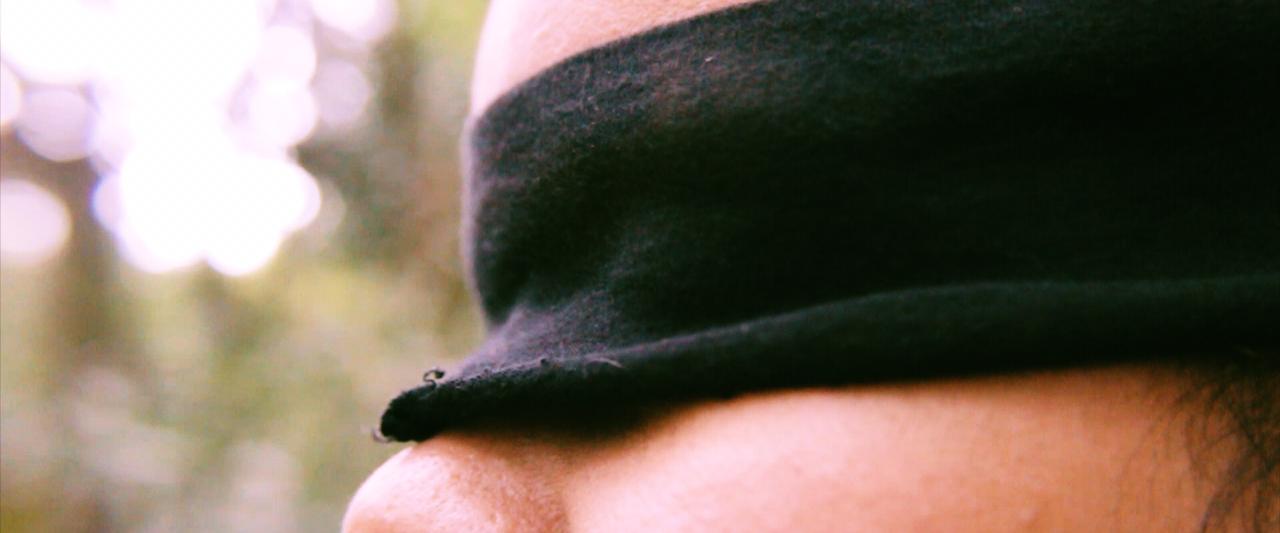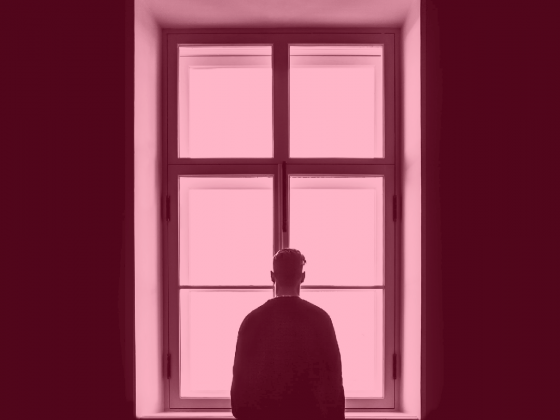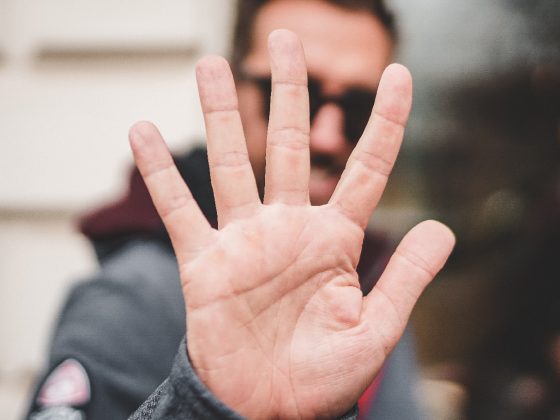Living with an apparently visible disease is a huge challenge. It has to do with symptoms installed in the largest organ in the body – the skin.
This leads to some very difficult things to deal with, one of which is the prejudice. Another person's gaze has a huge impact on everyday life. There were many times that I experienced this impression, people fearing contagion – which in reality was not and will not happen. Any type of hives is not contagious. The really contagious thing is prejudice, which sometimes creates barriers and keeps people away from us.
Have you ever been through this?
This feeling is closely related to shame as well, which often makes patients feel less adequate for certain occasions.
I know I'm saying here how much a visible disease causes problems, but have you ever stopped to think that the real impact is invisible? That's right! Hives are not just about the lesions. I always thought about that.
People often came to talk to me on days when I was overwhelmed about the disease and felt sad about everything. They said things like:
“They’re just a few marks on the body. It’s worth highlighting.” “you don’t have to suffer so much because of it, it’s just a few stains”
What they didn't know was that they couldn't see the true impact. It wasn't that visible. Of course, at first what caught my attention and made me feel like nothing was fine with me was the hives, the visible, reddish lesions. But what was leaving me saturated and down wasn't exactly that.
The impacts on the lives of those living with urticaria are not always apparent. They are much larger and invisible. They are about things related to feelings, future perspective, acceptance and insecurity. It's the psyche, shaken. It is the quality of life that is far from ideal. It was about things no one was talking about. At least it wasn't until we started talking. And still good.
According to recent studies and research on the impacts of the disease, it was analyzed that chronic spontaneous urticaria (CSU) It has an extremely negative impact on quality of life, being more impactful than diseases such as leprosy (leprosy) and psoriasis. The main consequences of UCE are: interference with work and studies, sleep deprivation, social isolation and harm to marital and family relationships. Sleep deprivation, associated with unpredictability of crises leads to an overloaded mental state, so that the patient with CSU is at increased risk for anxiety disorders (e.g., OCD, among others) and even depression.
Thinking about this is important, because we free ourselves from looking at just the surface – the skin – and perceive the depth – the entire human being.
This is interesting because we realize that the patient who wants to be well is not just looking for clear skin, free of symptoms, but to find their own life in full.
– October 1st is International Urticaria Day, and with this in mind @3000dias created an exclusive video to discuss the impact of the disease:
*Post Sponsored by Novartis / BR-06912



Recent Comments